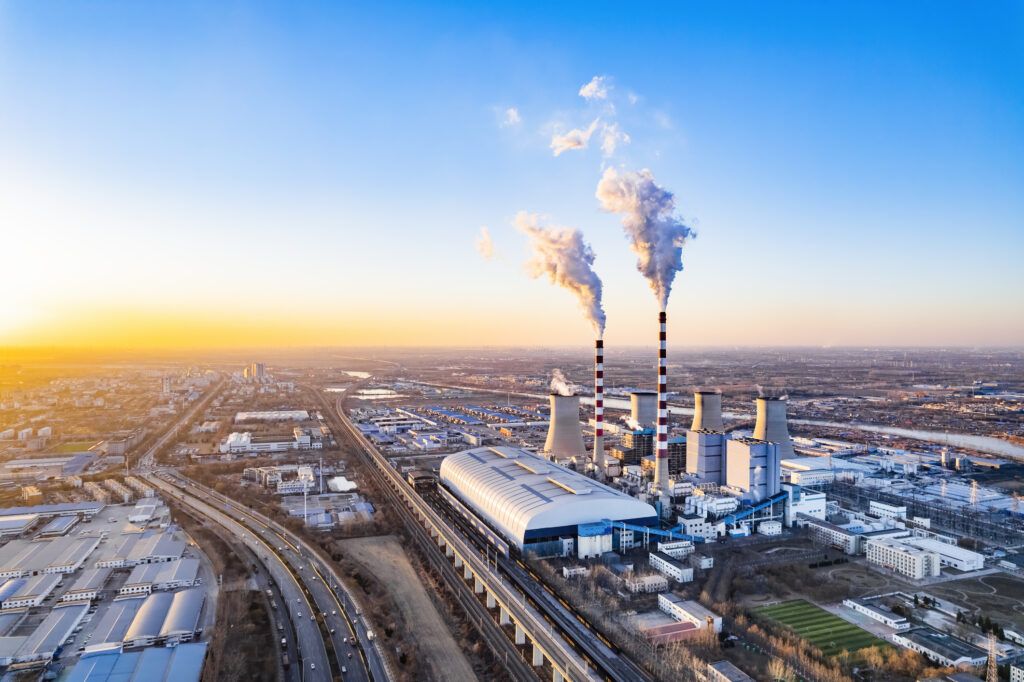In challenging EPA’s proposal to regulate greenhouse gas emissions, Congressional leaders are following the lead of several states that have mounted their own challenges.
Current State Efforts
The Louisiana Department of Environmental Quality (DEQ) in December 2009 filed an official objection to the EPA’s decision to move forward with the regulation of greenhouse gases. In a letter to EPA Administrator Lisa Jackson, DEQ Secretary Hal Leggett argued if greenhouse gases are to be regulated, the constitutionally appropriate means would be for Congress to amend the Clean Air Act to address greenhouse gases specifically, rather than through administrative policy changes.
Leggett also argued greenhouse gas regulations won’t be effective because growing emissions in other countries, beyond the reach of domestic policies, will quickly overwhelm U.S. emissions cuts and leave the U.S. at a competitive disadvantage economically.
On January 6, Kentucky State Rep. Jim Gooch (D-Providence), chairman of the Kentucky House Natural Resources and Environment Committee, introduced a resolution questioning the science purported to support claims of human-induced climate change. The resolution would prohibit any branch of state or local government in Kentucky from enacting any “federal, state or local law, regulation, ordinance or executive order that limits, regulates or controls the emission of carbon dioxide.”
The Utah House of Representatives on February 10 overwhelmingly passed a resolution declaring deep skepticism regarding science claims used to support federal regulations. The resolution, which passed by a 56-17 vote, called for the federal government to abandon carbon dioxide reduction plans and halt the carbon reduction programs soon to be enacted by the USEPA and any other federal carbon dioxide reduction policies.
Economic, Science Concerns
Gooch summarized the feelings of legislators in many states, saying, “Kentucky is a manufacturing state with many industries that are energy-intensive. The EPA regulations, by raising energy costs, will result in lost jobs and shuttered industries. We have good-paying jobs and we shouldn’t give these up for no good reason.”
Gooch says there is no good reason for the regulations because, “A careful examination of both sides of the argument shows that most of this legislation and the EPA rules are driven by hysteria and advocacy [and] not a careful consideration of the science. The science increasingly shows that it is at least an open question concerning the extent to which humans are affecting the earth’s climate and whether our fossil fuel use is causing worse harms than we would face without fossil fuels.
“Fossil fuels make modern industrial society, and the prosperity it brings, possible, which is why developing countries are trying to rapidly industrialize,” he added.




